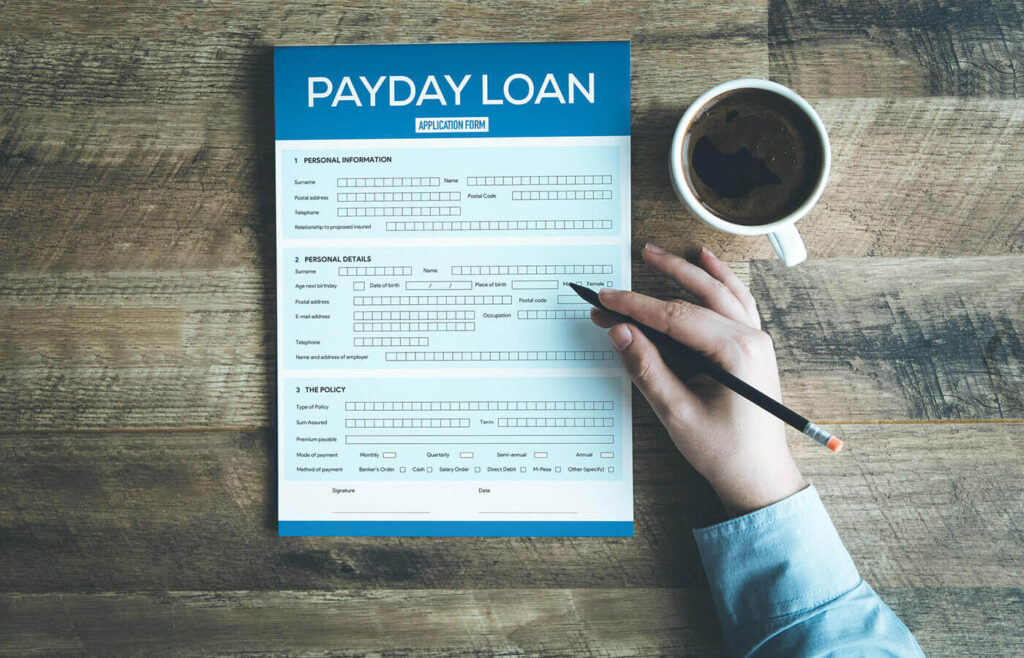In times of financial strife, many people consider quick financial solutions to bridge the gap until their next payday. Among the options available, a payday loan is a popular, albeit somewhat controversial choice. These short-term loans aim to provide emergency funds for those who find themselves stuck in a financial bind, unable to access other forms of credit.
But what exactly is a payday loan, and how does it function? A payday loan is fundamentally a small, short-term unsecured loan, typically intended to be repaid on the borrower’s next payday. These loans are generally aimed at individuals who require immediate funds and have exhausted all other means. The amount dispensed in a payday loan tends to be relatively modest, often ranging from £100 to £500, depending on the provider and the individual’s creditworthiness.
The expediency of payday loans is one of their most appealing features. With minimal paperwork and no extensive credit checks, borrowers can receive funds in their bank accounts swiftly, often within hours of application. However, it’s important to note that this convenience comes with a significant caveat: payday loans are notoriously expensive. With annual percentage rates (APRs) sometimes exceeding 1000%, it’s crucial that borrowers understand the repayment obligations and the potential for mounting debt if they fail to meet them.
When should one consider taking a payday loan? Ideally, payday loans should be viewed as a last resort due to their high costs and the trap of recurring debt they can create. However, they can be a viable option for those facing an unforeseen, urgent expense—such as a car repair or medical emergency—that must be addressed immediately, and when borrowing from friends or family is not an option. It’s vital to thoroughly evaluate your repayment ability before opting for a payday loan to avoid spiralling into a cycle of borrowing.
Alternatives to payday loans might include personal loans from banks or credit unions, exploring community financial assistance programs, or seeking a salary advance from your employer. Each of these options typically presents more favourable terms for repayment. Additionally, if you find yourself consistently reliant on loans to manage your financial obligations, it may be time to assess your budget to identify areas where you can cut back or seek financial counselling to assist with long-term strategies.
Consumers must also be aware of the potential for unscrupulous lenders in the payday loan market. The UK’s Financial Conduct Authority (FCA) regulates payday loans, enforcing caps on the amount of interest and fees that lenders can charge. Borrowers should ensure that they are dealing with a reputable, authorised lender to protect themselves from predatory lending practices.
In conclusion, while payday loans can provide quick relief for those in immediate need, they should be undertaken with caution and only after considering alternative options. Understanding the mechanics of these loans and weighing the potential risks against the immediate benefits is essential for making an informed financial decision.





